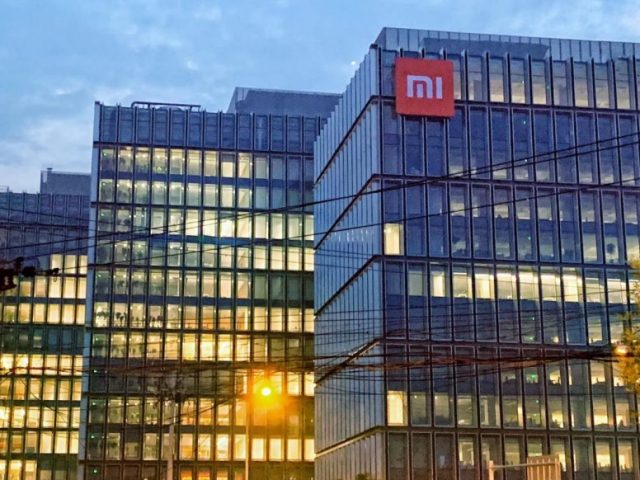Thanks to a growth of 83 percent, Xiaomi now has a smartphone market share of 17 percent. Xiaomi surpasses Apple in this but remains just below market leader Samsung.
After a year-over-year growth of 83 percent in the second quarter of 2021, Xiaomi has reached a 17 percent market share for smartphones, surpassing Apple. The Chinese smartphone maker followed Samsung, which remained in first place with a market share of 19 percent.
Meanwhile, Apple dropped to third place, after growing 1 percent in the first quarter. Oppo and Vivo round out the top five, each with a 10 percent share, thanks to growth of 28 percent and 27 percent, respectively. This was revealed by research by Canalys.
“In the third quarter of 2014, we took third place globally for the first time in our history. Unfortunately, we ran into a lot of problems after that and fell out of the Top 5,” said Xiaomi founder and CEO Lei Jun. “Since 2016, we have undergone a comprehensive review of our business, and after five years of self-improvement, we have significantly enhanced our product capabilities and made our way into the premium market segment and strengthened our position there.”
More innovation
The CEO announced plans to expand the R&D team by hiring more than 5,000 engineers this year. The company’s R&D expenditures will exceed 13 billion yuan (1.7 billion euros) this year, up 30 percent from last year.
Earlier this week, Xiaomi released its 2020 sustainability report, which described a 60 percent reduction in plastic use for the packaging of the Mi 10T and Mi 10T Pro series. It aims to reach an even higher percentage before the end of the year.
The report went on to say that the company has achieved several EU security and privacy certifications that ensure that “all data leaving the EEA is fully compliant with EU standard contract terms and the GDPR.”


















